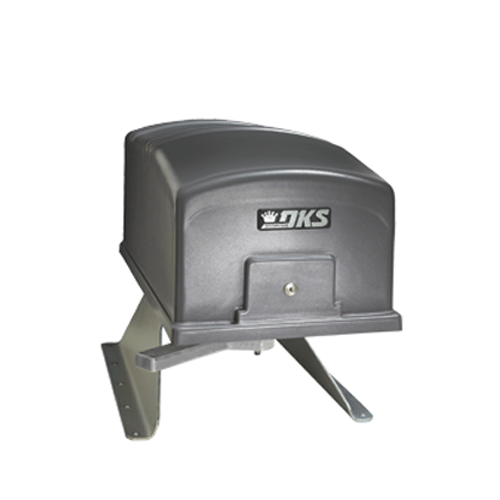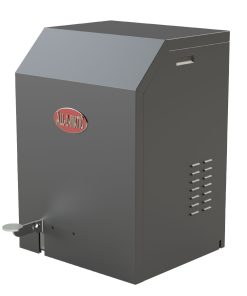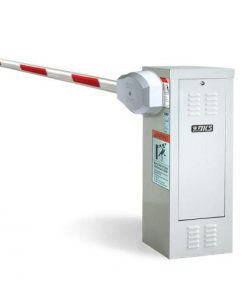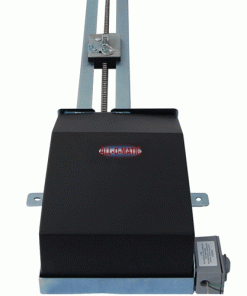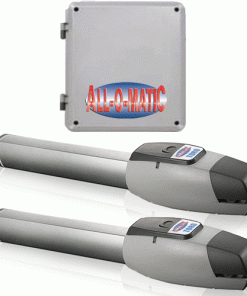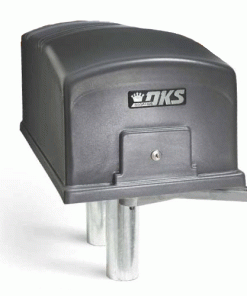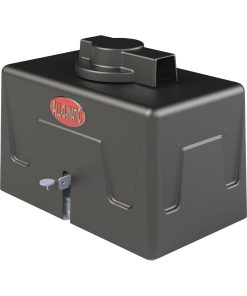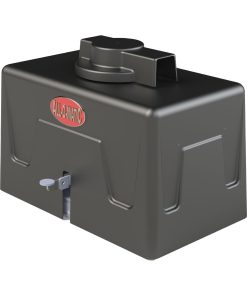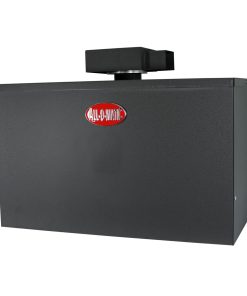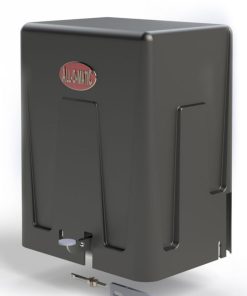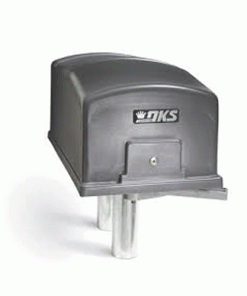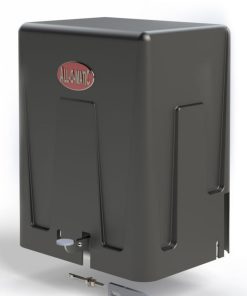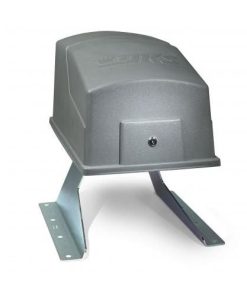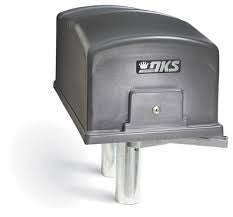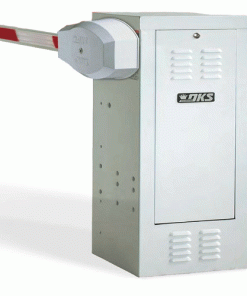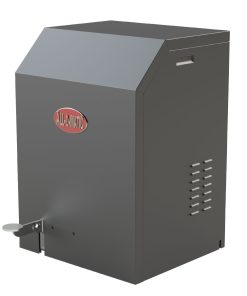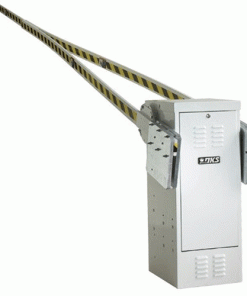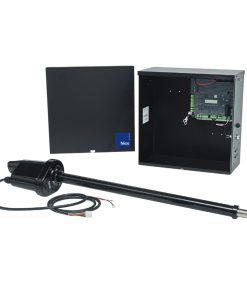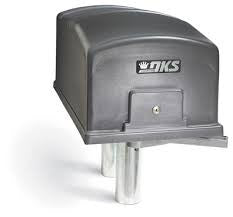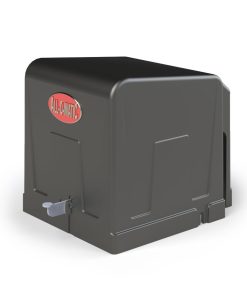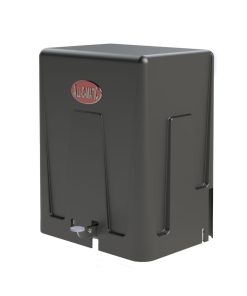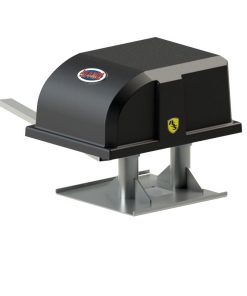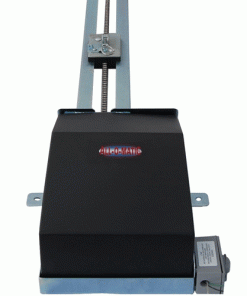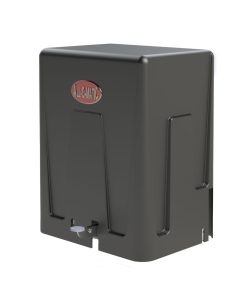DoorKing 6300-381 Secondary Swing Gate Opener with 1/2hp 115V motor DoorKing
$ 1.939,97 $ 484,99
DoorKing 6300-381 Secondary Swing Gate Opener
The 6300 series operators are designed to operate vehicular swing gates in residential, commercial and industrial applications. These operators are designed so that they can be either pad or post mounted without any costly and time consuming field modifications. You need to specify which mounting method when ordering. The unique design of these operators allows the gate arm to be attached to the bottom rail of the gate. This eliminates the need for any brackets to be welded to the face of the gate and creates an aesthetically pleasing installation. (Mounting Hardware Required)
(Mounting Hardware Required)
CLICK HERE FOR PAD MOUNT KIT
CLICK HERE FOR POST MOUNT KIT
Features
- Self-adjusting, no maintenance magnetic limits.
- Overlap feature for dual swing gate operation.
- Designed with a built-in primary and secondary entrapment prevention system.
- Ports for plug-in loop detectors.
- Two convenience outlets.
- Fail-safe release.
- Tamper detect circuit.
- Gate tracker reporting output.
- Programming switches.
- Built-in reset switch.
- Built-in power On/Off switch.
Specifications
- Maximum gate width 18-feet.
- Maximum gate weight 700 pounds*. (*Assumes gate swings level and is in good condition with properly adjusted hardware. Other external factors may affect the performance of the gate operator.)
- Swings gate 90 degrees in approximately 15-seconds.
- 1/2 HP continuous-duty motor.
- 115, 230*, 460* VAC. (*230 and 460 volt units use a step-down power transformer to achieve 115 volt operating voltage.)
- Class I, II, III and IV applications.
- Compliant with UL 325 and 991. ETL Listed. (Note: To be compliant with UL 325 and industry safety guidelines, additional Type B1 and/or Type B2 entrapment prevention devices need to be installed with this gate operator. Your professional DKS system installer can provide you with more details on these devices and on current industry safety standards.)
- Dimensions (operator only): 16.25″W x 13.5″H* x 32 “D (* Height of operator only. Actual height above ground is determined by which mounting method is used)
Speedy Delivery and professional packaging
Our long-standing relationship with UPS FedEx DHL and other global carriers lets us offer a range of shipping services. Our warehouse staff is highly trained to package your goods exactly according to the specifications we provide. Before shipment, all items are thoroughly inspected and safely secured. We ship to thousands customers each day from multiple countries. This is a sign of our dedication to being the biggest online retailer in the world. The distribution centers and warehouses distribution are situated in Europe, as well as the USA.
Note: Orders that contain multiple items will have a separate processing time for each item.
Prior to shipment, all purchased products will be thoroughly inspected. Most orders are now shipped within 48 hours. The expected delivery time will be between 3 and 7 days.
Returns
The stock is constantly changing. It's not entirely managed by us, as we are involved with multiple organizations, such as the factory and our storage. The actual stock can fluctuate at any time. It is possible that you will not receive your order once the order has been made.
Our policy runs for 30 days. However, if the 30 days have elapsed from the date you purchased the product, we are unable to give you a refund or exchange.
Your item should be in its original packaging and be unused. It must also be returned in the original packaging.
Related products
gate opener
Allomatic SL-100 AC 1/2 HP Slide Gate Opener With Foot Pedal Release (On Sale) All-O-Matic
gate opener
gate opener
